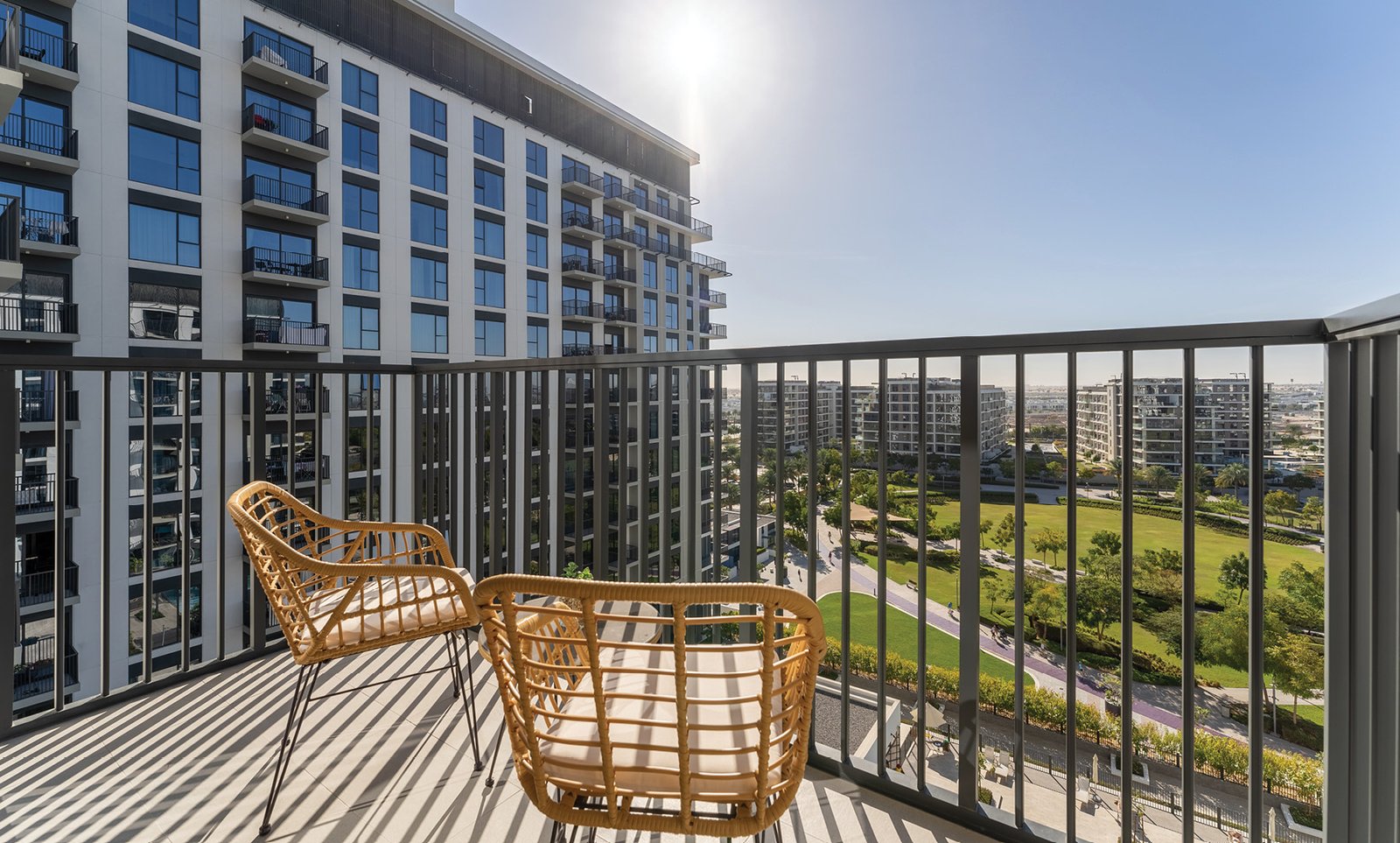
Dubai has long been one of the world’s most attractive destinations for expatriates, thanks to its tax-free income, luxurious lifestyle, and vibrant multicultural environment. Every year, thousands of professionals, entrepreneurs, and families relocate to Dubai in search of better opportunities and quality living. But before settling down, understanding the Dubai rental market is crucial for making smart, budget-friendly, and lifestyle-appropriate choices.
The rental scene in Dubai is dynamic and constantly evolving. From sleek high-rise apartments in the Marina to family-friendly villas in Arabian Ranches, there’s something for every taste and budget. However, as the city continues to grow and attract more residents, rental prices, tenancy laws, and housing preferences are shifting in fascinating ways.
This article dives deep into current trends, costs, best areas, and insider tips to help expats navigate the Dubai rental market with confidence.
Dubai’s rental market operates differently from many Western countries. Rent is usually paid annually or in two to four cheques, rather than monthly, and rental agreements are regulated by Dubai’s Real Estate Regulatory Agency (RERA). The RERA Rental Index provides guidelines for fair rental values, helping both landlords and tenants maintain transparency.
Over the past few years, the market has experienced notable fluctuations. Following the post-pandemic boom, rental prices surged due to high demand from foreign professionals and investors. As of 2025, the market has started to stabilize, though popular areas continue to witness high rental rates driven by limited supply and growing expat demand.
For expats, Dubai offers a blend of opportunity, safety, and luxury unmatched by most global cities. The reasons include:
These advantages make Dubai not only a work destination but also a lifestyle choice for expats who wish to enjoy the best of modern living.

The cost of renting in Dubai varies significantly depending on the area, property type, and amenities offered. Here’s a general breakdown of what expats can expect in 2025:
Prime areas like Downtown Dubai, Dubai Marina, and Palm Jumeirah continue to command premium prices, while more affordable yet well-connected neighborhoods such as Jumeirah Village Circle (JVC), Al Barsha, and Dubai Silicon Oasis offer better value for money.
Dubai’s diversity extends to its neighborhoods, each offering unique lifestyles. Here are some top areas expats prefer:
A favorite among young professionals and couples, Dubai Marina offers luxurious waterfront living with easy access to restaurants, cafes, and nightlife. The Marina Walk and proximity to the beach make it a lifestyle hub.
For those who want to live at the heart of the city, Downtown offers unmatched access to Dubai Mall, Burj Khalifa, and top dining options. However, it comes with a higher price tag.
JVC has become a go-to for expats seeking affordable rent without sacrificing amenities. With new schools, parks, and easy connectivity, it’s perfect for families.
Close to Downtown, Business Bay is a rapidly developing hub ideal for professionals. It offers modern apartments, metro access, and scenic views of the canal.
Families looking for space, community living, and green surroundings often choose Arabian Ranches. The villas here provide a suburban feel within city limits.
Unlike Western countries where monthly rent payments are common, Dubai’s rental system typically involves paying in one, two, or four cheques for the entire year. While paying in a single cheque might help negotiate a lower rent, multiple cheque options offer better flexibility for new expats.
It’s essential to register your tenancy agreement through Ejari, a government portal that legalizes the contract. This ensures tenant protection and prevents disputes. Tenants should also be aware of RERA rent caps, which limit how much a landlord can increase the rent upon renewal.
Expats often face the decision of choosing between furnished and unfurnished properties.
Short-term serviced apartments are also available, often used by expats on probation or those waiting for long-term accommodation.
Dubai has embraced short-term rentals, with Airbnb and similar platforms operating under specific regulations. This option appeals to expats on temporary contracts or those exploring the city before committing to a lease.
Short-term rentals are typically 20-30% more expensive per month than long-term leases but offer flexibility, furnishings, and all-inclusive utilities. Popular short-term rental areas include Dubai Marina, Downtown Dubai, and Jumeirah Beach Residence (JBR).
The legal framework for renting in Dubai is transparent and designed to protect both landlords and tenants. Key points to remember:
Expats should always review lease terms carefully and ensure payments are made through official channels to avoid disputes.
Dubai’s rental properties are known for offering exceptional amenities. From rooftop pools and gyms to 24-hour security and concierge services, residential buildings are designed to enhance convenience and luxury.
Many communities like Dubai Hills Estate, Jumeirah Lake Towers (JLT), and Mirdif also feature nearby schools, clinics, and supermarkets—perfect for families. Public transport, especially the metro and bus system, further improves accessibility for those without cars.
The rental landscape is expected to remain strong through 2025 and beyond. Several trends are shaping the market:
With continued government initiatives and new projects, Dubai’s rental market remains attractive and competitive, offering diverse choices for every lifestyle.
The Dubai rental market offers endless possibilities for expats—whether you’re a young professional seeking a vibrant urban lifestyle or a family looking for spacious, community-driven living. While rental prices have climbed in recent years, the city’s infrastructure, security, and opportunities continue to justify the investment.
By understanding local regulations, budgeting wisely, and choosing the right area, expats can secure a home that aligns perfectly with their goals and lifestyle. Dubai’s rental ecosystem may be dynamic, but for those prepared to navigate it strategically, it promises an experience that blends comfort, opportunity, and global sophistication.
Do Follow Estate Magazine on Instagram
How to List Your Property in Dubai for Maximum Exposure & Success
